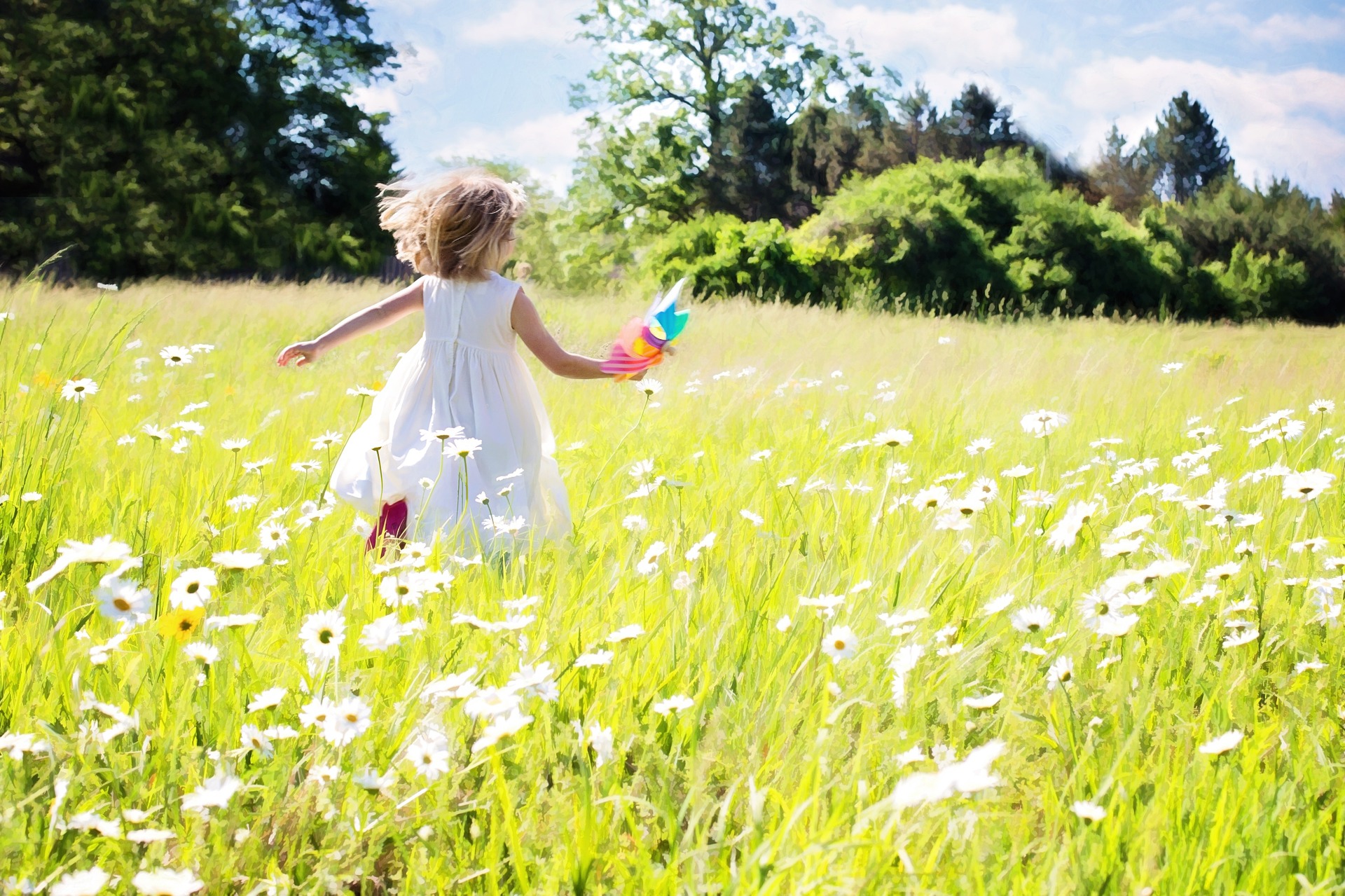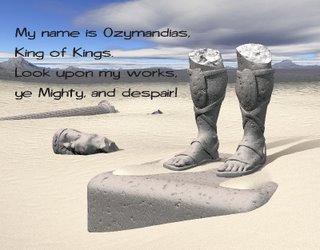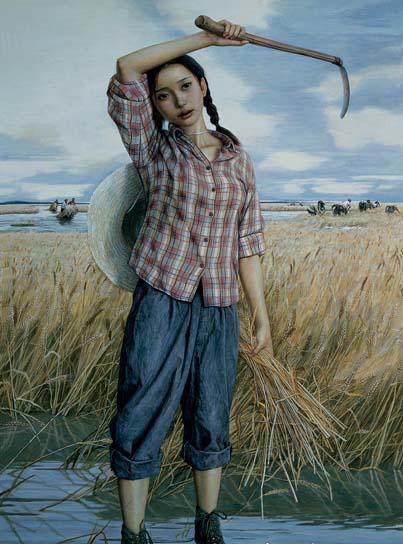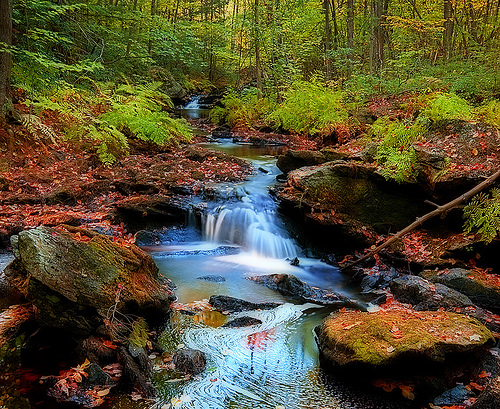Critical Analysis of Never Again Would Birds’ Song be the Same
“Never again would Birds’ Song be the same” has been read both as an “elegy” to Frost’s wife Elinor, who died in 1938, and as a loving tribute to his friend Kay Morrison, to whom he proposed marriage and who became his secretary in the same year. Though he is sad at the death of his wife, and the failure of his marriage, he never stops valuing her. He knows that her presence in his life has changed him forever. He is a better person for having loved and lost, than he would have been if he had not loved at all. Elinor has taught him to love, and brought beauty into his otherwise mundane life. It is this love that he hopes to share with his new wife to be as well. Because he cherishes the life he had with Elinor, he never has to regret that that life is now over. Instead he can focus on the future and look forward to a new life with Kay Morrison. He need not look back, but can hope that the earlier love can grow and blossom in the same way into another love just as beautiful as it was. In developing this love, he whole heartedly wants Kay to be his partner and also his muse so that her influence can enrich him even more.
Poetic Devices
Rhyme scheme:
Sonnets typically occur in two types of rhyme schemes – in the pattern ABBA ABBA CDE CDE, known as the Petrarchan sonnet, or in the pattern ABAB CDCD EFEF GG, known as the Shakespearian sonnet. Hence, it can easily be seen that “Never again would Birds’ Song be the same” is a Shakespearian sonnet. In addition, it is important to note that Frost also uses the rhyming couplet at the end of this sonnet for the same purposes that Shakespeare uses his rhyming couplets for – in order to summarise the subject matter of the entire sonnet.
Rhetorical devices:
Compound Words: Compound words are formed by adding two words into a single one, when normally those words are not used together. Frost uses the device of compound words when he puts the words “day” and “long” together and uses the word “daylong” in the third line of this poem, and also when he combines the words “over” and “sound” together to create the word “oversound” in the fourth line.
Central Idea of the Poem
In “Never again would Birds’ Song be the same”, the poet is trying to tell us that when the human blends with the natural, something magical is created, and the effect of it never fades away. At a deeper level, Frost is telling us that life may end, but all that made us thankful for life does not. The beauty of nature never fades, and our loved ones still exist in our memories. Therefore, even though the brevity of life and the death of our loved ones may make us question the utility of life itself, we should never stop valuing and cherishing our memories.
Themes of the Poem
Blending of the human with nature:
Most of Frost’s poetry has natural descriptions, even though he is not a Romantic when it comes to his attitude to nature. Wordsworth sees nature as a refuge away from the hustle and bustle of the urban human world. Coleridge finds a hint of the supernatural in the landscapes he sees around himself. Shelley admires nature when she is ravaged by storms and unruly weather. However Frost never sees nature apart from the human world. For him the world of man and the world of nature are a part of each other and cannot be separated. Their bond is like the bond that ties a man and a woman together in marriage. In “Never again would Birds’ Song be the same” Frost goes back to the origin of the bond between the human and the natural. It is as if the poet is giving us his own version of a creation myth. He is saying that as soon as the tone of Eve’s voice is incorporated into the song of the birds in the Garden of Eden, things have changed forever. Such a strong bond has been formed that it can never be dissolved.
Redefining the Fall:
There are two ways in which the Fall of Man has been interpreted. The negative interpretation sees Eve and as a consequence, all women as a curse. It is Eve’s giving in to temptation that is seen as the Original Sin, and it is believed that man is still suffering because of her. However the positive interpretation of the Fall says that nothing actually happens when Eve falls. It is only when Adam follows eve down the path of temptation and takes a bite out of the Forbidden Fruit that God expels them both from the Garden of Eden. Hence it is not Eve but Adam who is responsible for the Fall of Man. It is to Eve’s credit that she can inspire the kind of deep love in Adam that convinces him never to abandon her even in hard times. In “Never again would Birds’ Song be the same” Frost gives us a third interpretation. He also looks at Eve in a positive light. However this is not because of Eve’s relationship with Adam. Rather it is because of Eve’s relationship with nature. Neither Eve, nor any other woman, should be considered a curse according to the poet. Instead he believes that women should be valued for their soft and melodious voices, and their ability to infuse everything around them with beauty.
Tone of the Poem and Conclusion
Tone of the Poem:
The tone of this poem is not easily understood. It is a blend of both happiness and sadness, as most of Frost’s poetry is. It is as if Frost is playing the philosopher telling us how to value certain things in our lives. He is aware that Eve is dead. However, he cannot deny the joy experienced in hearing the birds’ song that has been infinitely enriched by the addition of her tone of voice to it.
Conclusion:
Most of Frost’s poetry seems very simple after a first reading. However upon closer inspection, one discovers that more often than not his poems have another deeper layer of meaning beneath the words on the page. Even when he seems to be talking about nature, he is actually talking about human life. “Never again would Bids’ Song be the same” falls within this typical mould. However in addition to this, there is another layer of meaning here- the autobiographical layer. What makes Frost a great poet is that he can universalise all his personal emotions. He believes that regret and love are things that every man experiences in his life. His experience of the same is in no way unique. In fact his experience is quite relatable. One must appreciate both Frost’s humility and his honesty in this context. Another thing that deserves our attention is how courageous Frost is as a poet. It is not easy to write about the Garden of Eden when there are no descriptions of this garden other than in the Bible and in Milton. However Frost believes and has told us that the beauty of the Garden of Eden (as symbolised by the tunefulness of the Birds’ Song) has never faded away. In fact nature retains that beauty and it is still visible to us now in our surroundings. Because of these beliefs it is both easy for Frost to imagine the Garden of Eden in whichever way he wants to imagine it, and to believe that his imagination is not mistaken. All in all, this sonnet is a delightful and easy read, but it certainly prompts us to think beyond its immediate subject matter and find the relevance of its words in the context of our own lives. There is no doubt that “Never again would Birds’ Song be the same” is one of Frost’s finest, and that should be kept in mind as young readers engage with it for the first time.
Some online learning platforms provide certifications, while others are designed to simply grow your skills in your personal and professional life. Including Masterclass and Coursera, here are our recommendations for the best online learning platforms you can sign up for today.
The 7 Best Online Learning Platforms of 2022
- Best Overall: Coursera
- Best for Niche Topics: Udemy
- Best for Creative Fields: Skillshare
- Best for Celebrity Lessons: MasterClass
- Best for STEM: EdX
- Best for Career Building: Udacity
- Best for Data Learning: Pluralsight
















